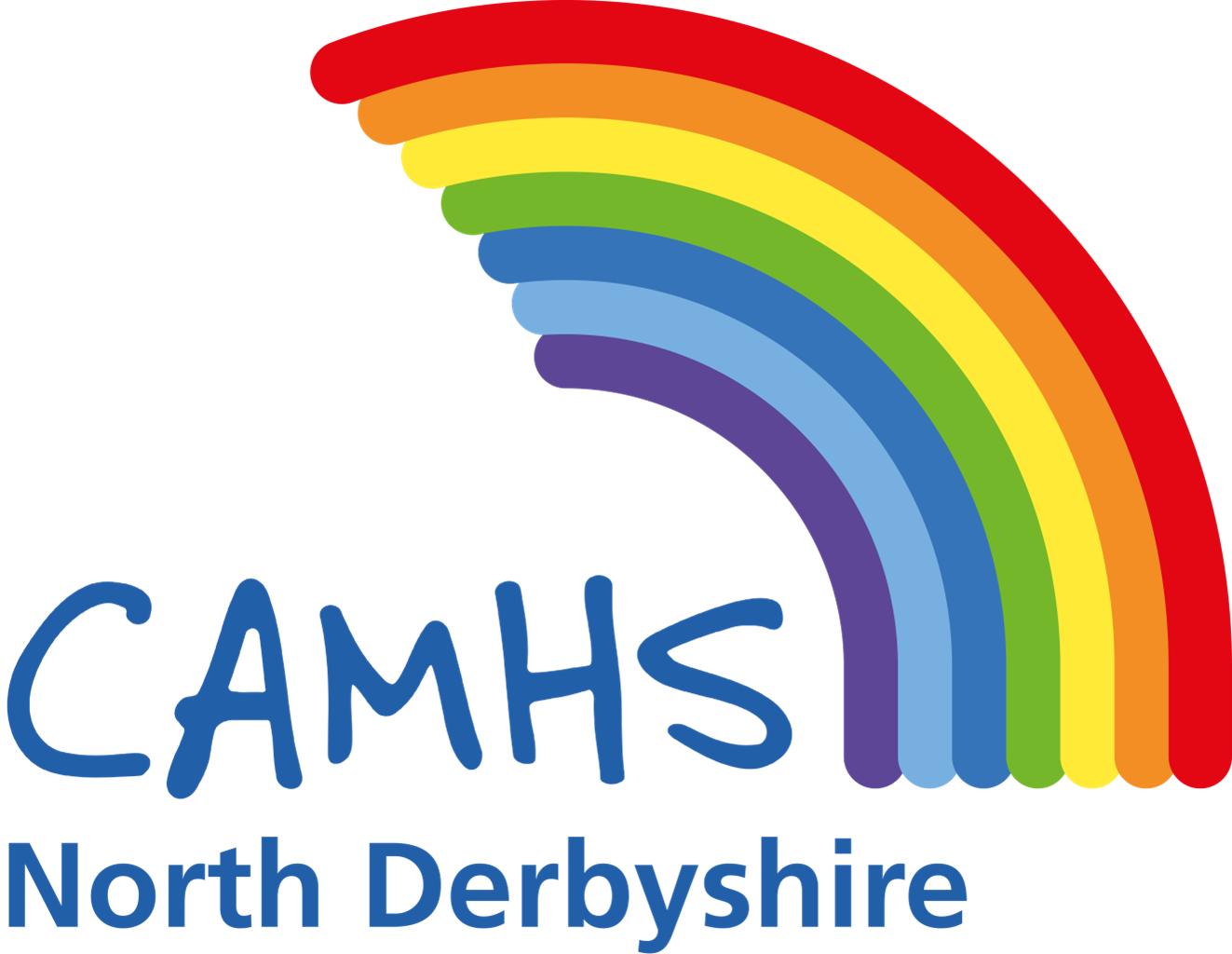common problems
Bereavement
Introduction
The term ‘bereavement’ refers to the whole process of grief and mourning and is associated with a deep sense of loss and sadness. All children will grieve when a person they love dies, although they vary tremendously in how they react. They are more resilient than adults in the face of bereavement, and in general they seem to be less affected in the long term by death than by parental separation.
A child’s level of resilience depends on a number of factors; including temperament, self-esteem, ability to form new relationships, and having a confiding relationship with a surviving adult. Parent’s reactions to loss will have a major impact on how children cope, and other family members may need reassurance that apparent indifference often occurs, and that grief may resolve more quickly in children than in adults.
The majority of children who are bereaved will not require specialist mental health services.
THINGS TO THINK ABOUT
All of the many different emotions that children have during bereavement are completely natural and normal. Some of the reactions can be unexpected or surprising and may seem inappropriate to adults (e.g. they may be deeply distressed one minute, then ask if they can go out to play) but this is normal and doesn’t mean that the child doesn’t care or isn’t grieving.
Adults often try to protect children from things they think will upset or distress them. However, children need to be given information and to be included. They can feel more anxious or lonely if they don’t know what is happening. Bereaved children may have difficulties with other children who may ask difficult questions, or may avoid them because they don’t know what to say or they are worried about getting upset themselves.
Consider accompanying losses – a house move, for example, may initially have more impact than the death. Remember that children’s needs change over time, they may need to go over the details of the death again at a later stage.
THINK ABOUT YOURSELF
Talking to a child about the death of someone close may be among the hardest things you have done or will do. It can be exhausting and bewildering and it may also bring back memories of your own. Recognise that conversations may feel uncomfortable or awkward, but try to put these feelings aside and discuss things openly and freely, this will reassure children that these issues are OK to talk about.
Do what you can to support the child, but don’t expect too much of yourself and talk to someone if you need support.
What can you do as a parent/carer?
- Ask the child how they are feeling. Their reactions are often different to those of adults so their feelings may not be obvious. Feelings of isolation can increase if a child thinks nobody understands how they feel.
Give them information to help them make sense of what has happened. Use simple, clear language and words they will understand. Check they have understood.
Give ample opportunity for children to talk, without pressure, and to ask questions. Some questions will be easy, some more difficult to answer. If you don’t know the answer, don’t be afraid to say so.
Reassure children that whatever they are feeling is OK. People have many different reactions to death, and all are normal and natural.
Help children to name and understand their feelings, especially yearning, and to understand that these powerful emotions come in waves and will pass if allowed.
- If you are upset, don’t be afraid to show it. This can help children see that it’s OK to show how you are feeling.
Ensure children and young people know that it’s OK to cry, whilst also accepting that it’s OK if they don’t.
Reassure children that it’s OK to feel happy, and that they shouldn’t feel guilty if there are times when they don’t think about the person who has died.
Try to maintain the child’s normal routine as far as possible.
Expect some behavioural changes; for example, expressions of anxiety and possible behaviour problems or lack of attention.
Don’t worry that you might make things worse by talking about the death. The child has just experienced a terrible life-changing event. It’s unlikely things can get much worse.
When to consider asking for more specialist help
Following a death, the reactions of children and young people may cause a great deal of concern, and some families feel they should get specialist help immediately. However, with the right support from the people around them, most children will be able to cope with the death of a loved one and gradually they will learn to deal with all of the changes.
Signs that a young person may need extra help include:
- Inability to sleep.
- Loss of appetite.
- Prolonged fear of being alone.
- Acting like a much younger child for a long time.
- Denying that the family member has died.
- Imitating the dead person all the time.
- Talking repeatedly about wanting to join the dead person.
- Withdrawing from friends.
- A sharp drop in school performance, or refusal to attend school.
Further support, advice and self-help
Cruse are a national organisation that support young people and adults following a loss or bereavement. They have lots of useful information on the website to support carers and adults in supporting young people as well as tips for from children and young people themselves.
Website
Young Minds gives free, relevant, practical information about a range of mental health issues in children and young people. It has information about feelings and symptoms, conditions and looking after yourself. It also has some specific information about self-harm and what to do about self-harm.
Website
Minded is a free educational resource on children and young people’s mental health for adults, but can also be really useful for teenagers. It covers lot of topics.
Website
Relate gives specific advice for different types of worries and problems aimed at young people.
Website

